That kind of garbage can be put where it belongs.” Tipperary Co-op CEO John Daly didn’t mince his words when he sat down with the Irish Farmers Journal to address some of the rumours swirling around one of Ireland’s smallest independent co-ops in recent months.
The rumours – that a takeover or a bailout of the operation might be on the cards – have no basis in reality at all, according to Daly, who was joined in the interview by William Ryan, Chairman of the co-op and William Meagher, vice-chairman.
Tipperary is certainly not a major player in dairy market – Tirlán’s new cheese plant by itself will consume more than twice Tipperary’s milk pool every year – but the management and the board are convinced that they have a strategy in place which will guarantee the long-term viability of the operation.
While Meagher acknowledged some of the issues Tipperary faces, he says they are no different to any other processor “if you go back the history of any of the co-ops that made a big investment, there’s always a patch where milk prices might be under a little bit of pressure because it meets with your peak in your repayments.”
Timing
The timing for Tipperary is almost uniquely unfortunate, in that they made their investments just as interest rates started to climb.
There is some good news though – they managed to agree a full three-year financing of its term loans and working capital finding with its lenders in August of 2023. That means the risk of capital scarcity should be off the table for a few years.
However, the timing from an interest rate cost perspective is not great as, according to data from the Irish Central Bank, interest costs on loans to non-financial corporations were close to the highest level in more than a decade in August of last year (see Figure 1).
Daly acknowledges the interest costs, but also makes the perfectly valid point that the investment in the co-op’s facilities are now completed for some years to come; “We finished our work last year, and that will be the end of capital spending for a number of years.
"Our loans and the interest payments, like for anyone that made an investment, will be on us to manage. We will have to find a way of dealing with it without hurting milk price.”
Even with no more capital spending, the higher cost base the co-op faces does have to be taken seriously.
Between 2018 and 2022, operating expenses rose from €29m to €55.7m, and while energy costs were a significant factor in that rise, the costs will still have to be met, no matter what’s driving them.
Across the period the rising global price of dairy products meant that meeting increased input costs posed little difficulty for even less-efficient operations.
Last year saw a major reversal in the trend in dairy prices, a reversal that has put the focus on dairy processors here who have higher costs of production. Daly suggests that the rumours may come from a failure to understand the business model that Tipperary currently is pursuing.
“It was seen a long, long time back here by the board and by ourselves that if you tried to play the volume game, you were not going to win that.
“In essence, the play at Tipperary co-op has been to invest in value. And that will be very considerably meaningful for us this year.
"We’ve worked on the basis that that [relying on milk business] is not sustainable for us to maintain independence, and everything else has flowed from that. Milk will remain a core part of the business, but not the essential part.”
Meagher adds that “when we made the decision to do the new dryer and upgrade the second one, our plan was not to be dependent on outside milk.”
Daly goes further into the co-op’s plans, saying that the society is a lot more strategically sound now in the wake of the recent investments than it was before they started. “It wasn’t done just for the ability to dry more powder.”
Daly is considerably more reserved when it comes to outlining what the longer-term plan is, but it is clear that it will involve an expansion into the nutrition and higher value powders space.
Asked if he is all-in on this roll of the dice, he said “in terms of betting the shop, you certainly need everything to go right for you, but the journey is well on compared to a couple of years ago.”
First things first – despite what you might have heard on the rumour mill, Tipperary Co-op is still an independent processor.
The board and the management team did give a strong defence of where they are, and what their plans for the future are. Right now, that immediate future looks ok.
The three-year refinancing of its debt in recent months does mean there is no chance of a crunch from that side, which should provide some comfort.
However, digging into what we know and what they said, it is clear that while there is no immediate threat to the processor’s viability, it does have to make a success of the current plan to move further along the value-added chain in order to sustainably meet its cost base.
Daly was bullish on how that plan would perform this year. If he is right, then the pressure certainly will be off. Building a successful value-added business, in whatever form it might take, would secure the future of the co-op.
The board are certain that they retain the backing of their suppliers, something which is key during times of uncertainty. The refinancing means the co-op also clearly still has the backing of its bankers. Both of these things taken together mean Tipperary co-op has a lot more time than the rumours might suggest.
However, the board and management will only retain the support of its key stakeholders if it can make use of that time to successfully implement its business plan. As to how much time that is, it is fairly clear that Tipperary has no choice but to have a successful 2024.




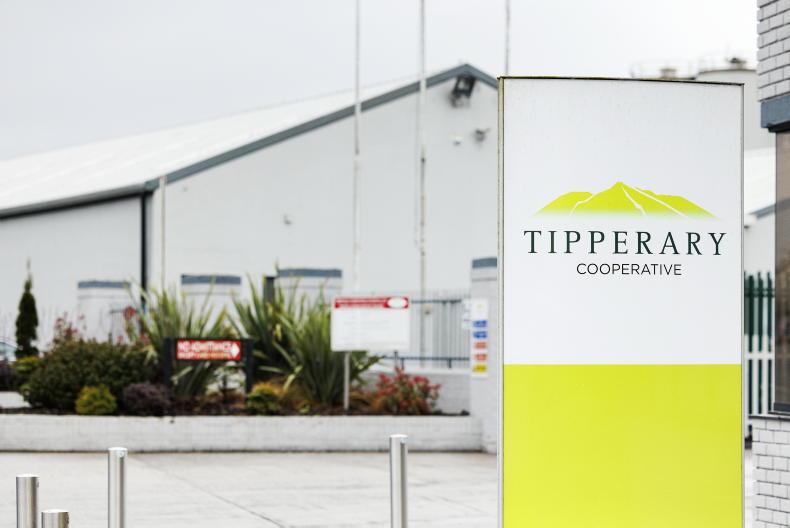
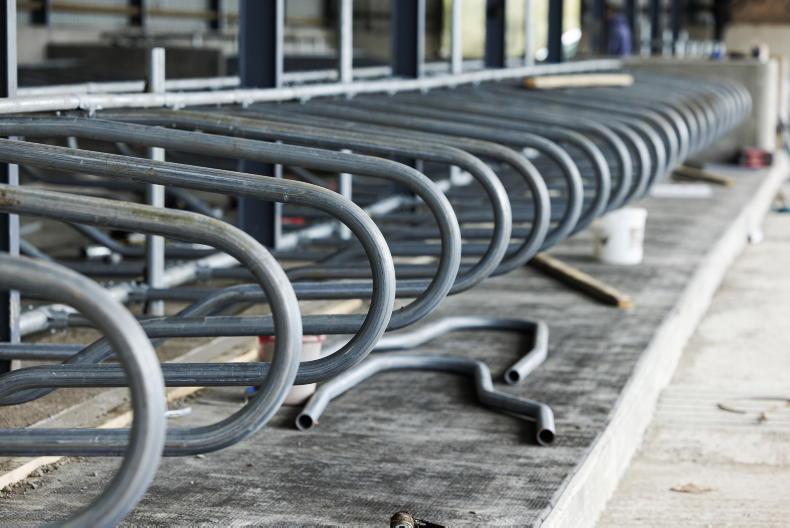

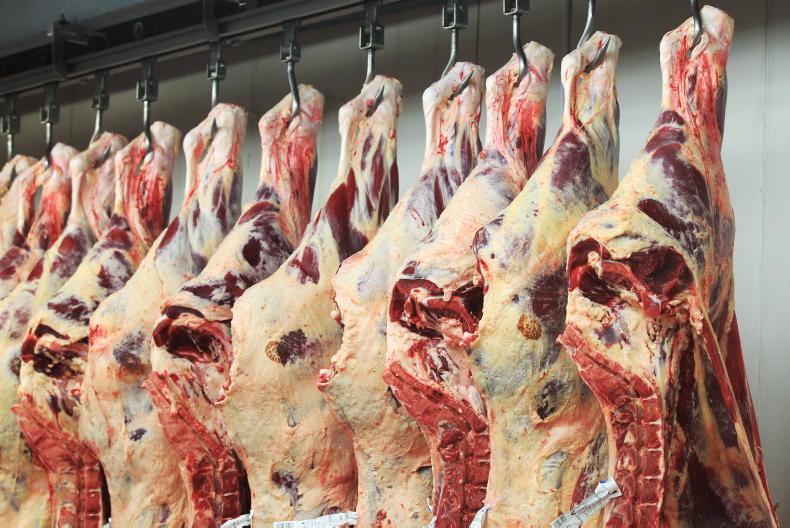
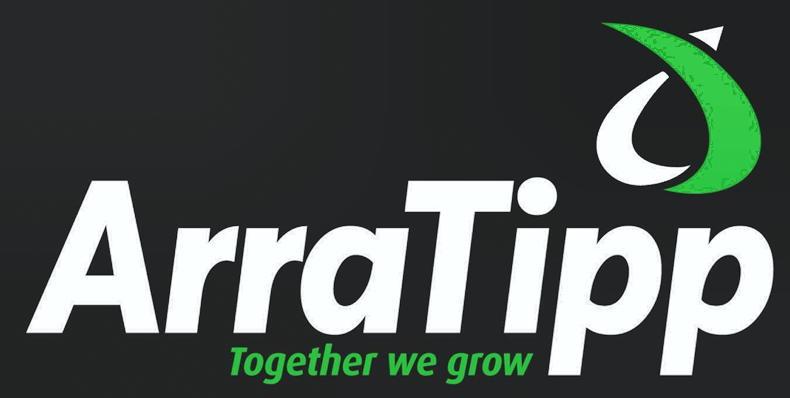
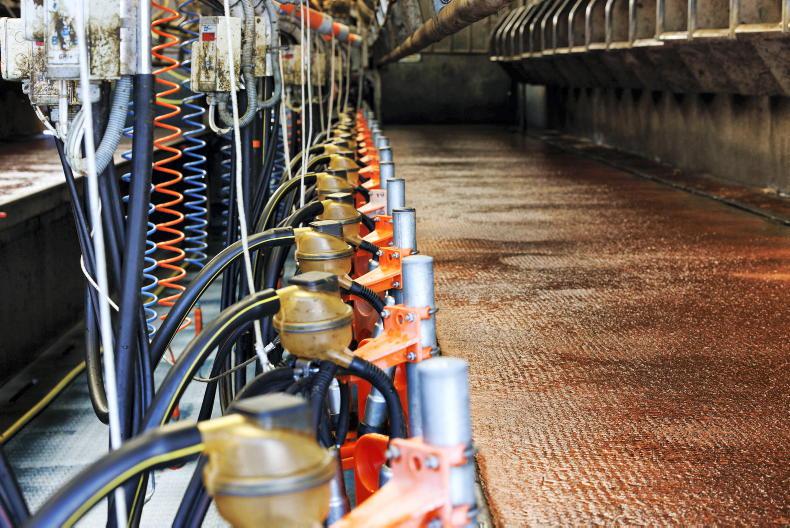
SHARING OPTIONS